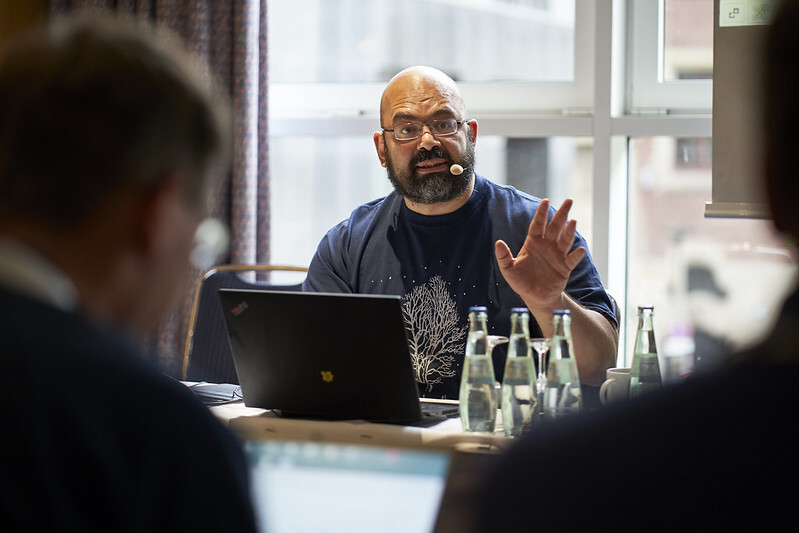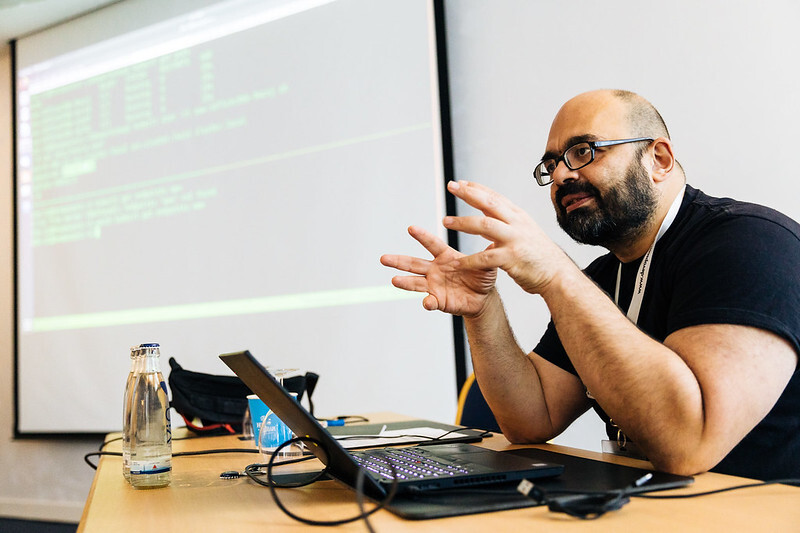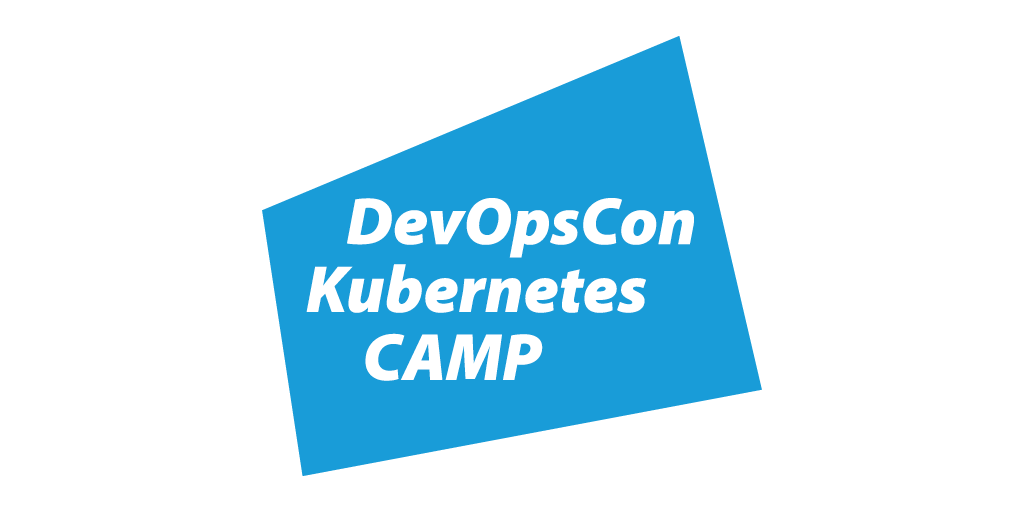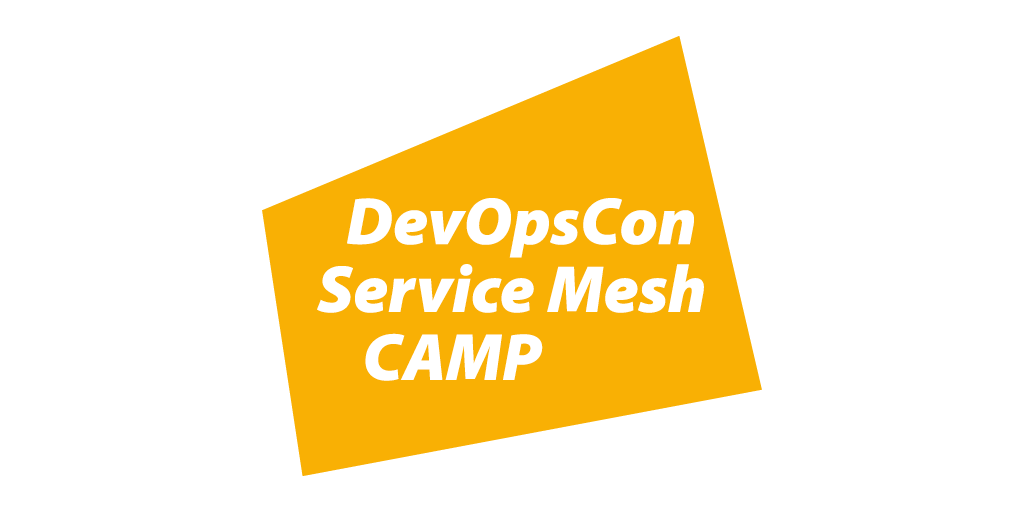- Programm
- Zeitplaner
- Business, Leadership & Organization
- Cloud Platforms & Infrastructure
- DevSecOps
- Kubernetes & Cloud Native
- CI/CD: Automation & Delivery
- System Design & Software Architecture
- Observability & Reliability
- Platform Engineering Summit
- DevOps Transformation Day
- Advanced Kubernetes Bootcamp
- Kubernetes Bootcamp
- DevSecOps Days Munich
- Speaker
- Mehr Programm
- Call For Paoers
- Programm
- Tickets
- Tickets
- Blog
- Downloads
- Sponsors & Expo
- Info
- Camps
- Camps
- Editions
- Jetzt anmelden
- Jetzt anmelden
- Trainingsthemen
- Formate
- Inhouse
- Blog
- Info
- DevOpsCon
- Jetzt anmelden
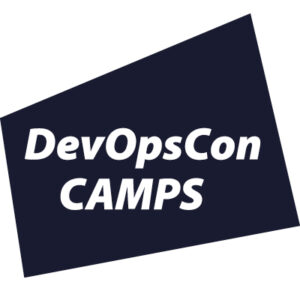
Kubernetes Bootcamp:
From Beginner to Master in 2 Days
operational excellence in just 2 days
New date cooming soon
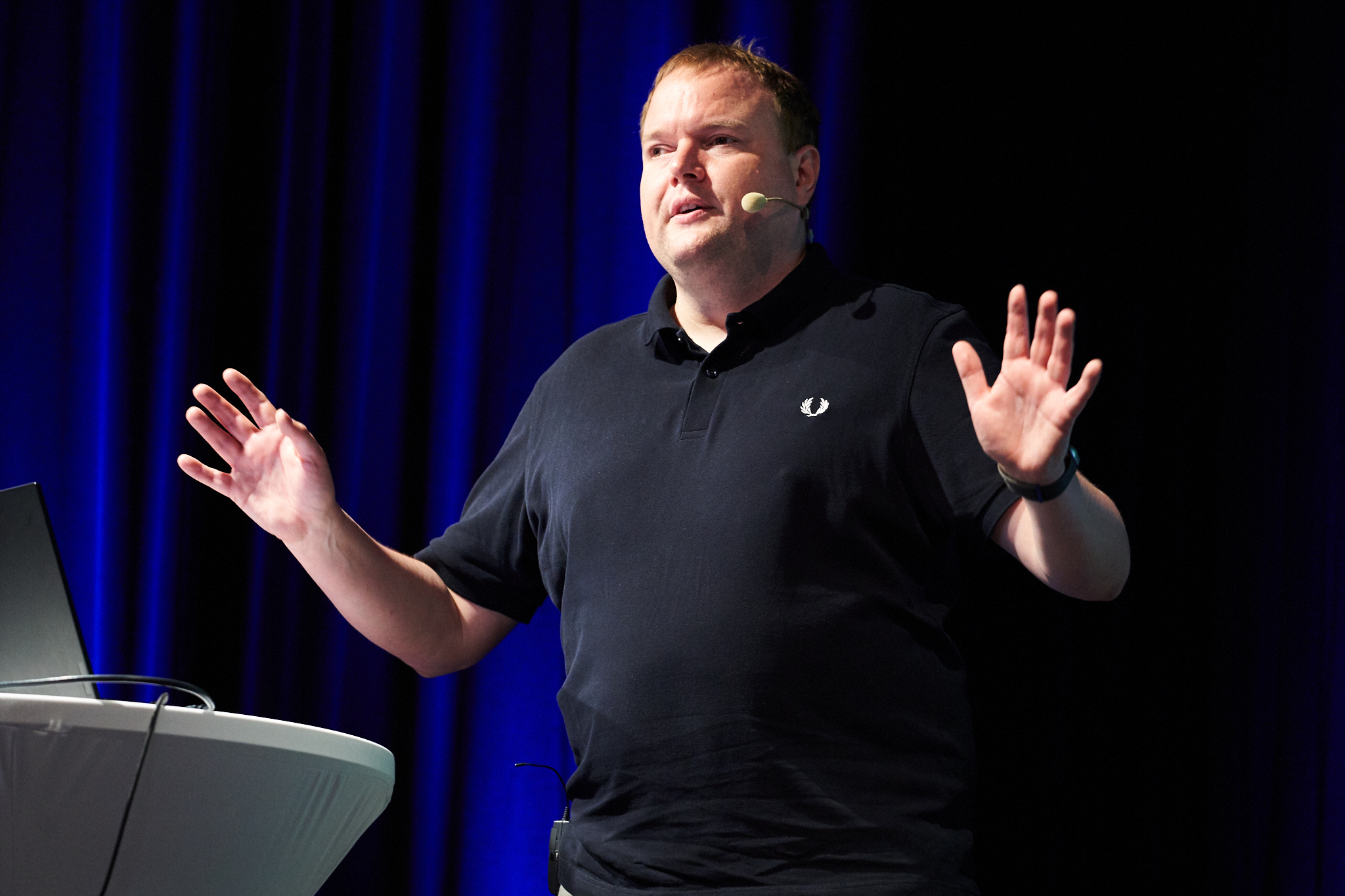
Grasp the fundamentals of Kubernetesand its real-world applications
Build and deploy containerized applicationsefficiently with Kubernetes
Become proficient in managing andscaling complex Kubernetes environments
Kubernetes Training für Fortgeschrittene
Dieses Devops Training geht über die Grundlagen hinaus: Es vertieft Ihr Wissen und Verständnis komplexe Container-Orchestrierungsprobleme zu lösen und moderne Cloud-Anwendungen erfolgreich zu betreiben.
Im K8s-Camp wird Kubernetes als Programmierschnittstelle und als Rechenzentrum betrachtet. Sie schauen sich fortgeschrittene Anwendungsfälle an und lernen alles zu Optimierung und Automatisierung.
14. – 16. Oktober 2024, München
Teamrabatt: Min. 3 Kolleg:innen anmelden und 100 € zusätzlich sparen!
worldwide
Participants
Bootcamp Program Day 1





Bootcamp Program Day 2



Participated in the Past
Subscribe to our Newsletter!
Technical Requirements
- A working knowledge of Git as a version control system and comfort with the command line is highly recommended
- Please bring your own laptop equipped with a web browser and git tools to fully engage in the practical exercises
- For those who prefer to use their own machine instead of a workshop cluster, please prepare Docker Desktop or another local Kubernetes setup
Didactic & Practical Relevance:
- Presentations
- Discussions
- Live coding
- Building on previous knowledge
- High proportion of exercies
- Own clusters
- Individual training process
Material:
-
- Container-based example setups
- Labs instructions for easy
- Implementation of practical exercies
- Cheat sheets as a quick reference
Testimonials

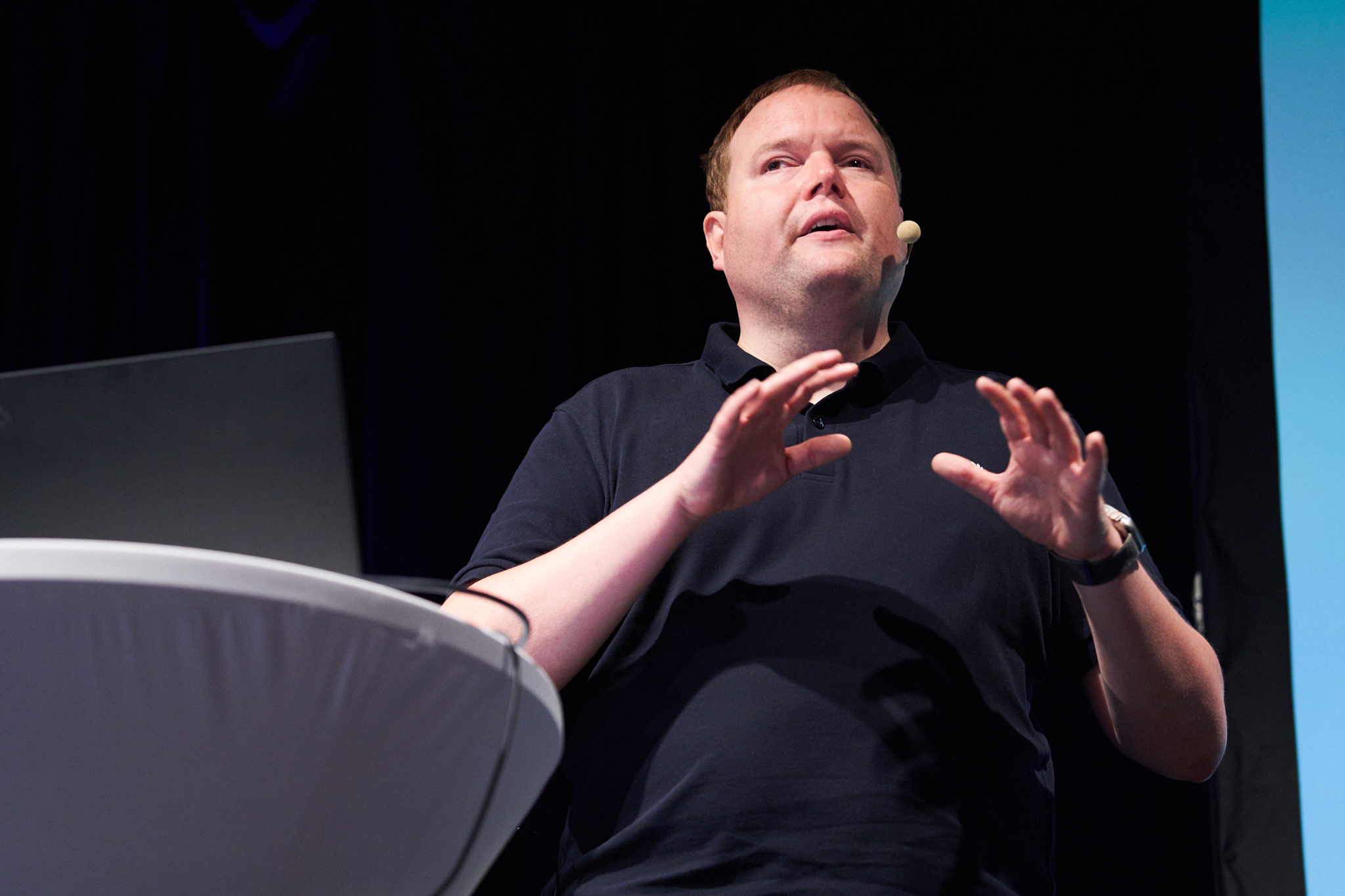
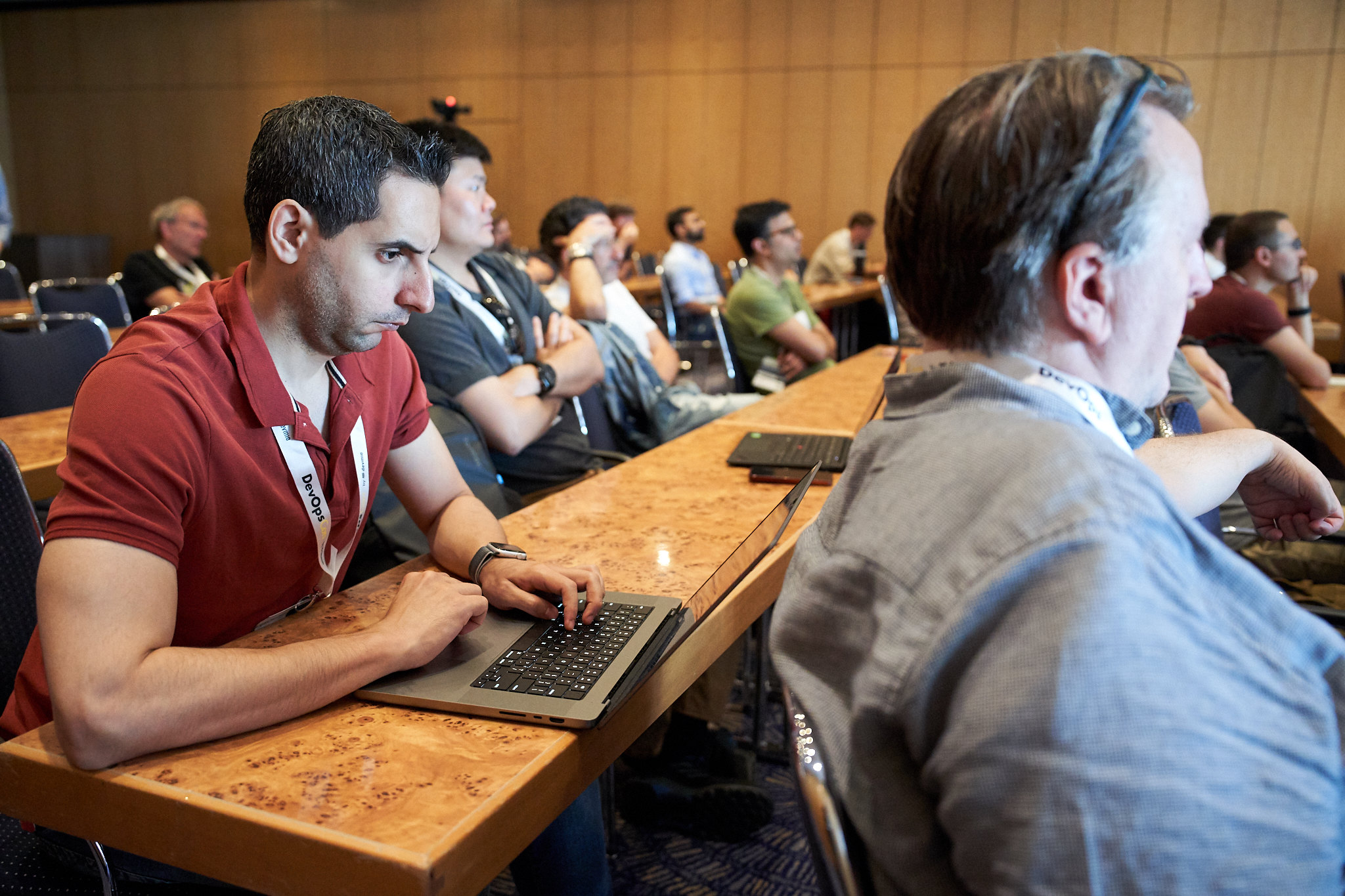
Day 1
- You will be provided with different options to get a cluster in order to participate in all Kubernetes practice labs
- Every participant will have the option to use a web based workshop cluster which is especially suitable for participants with enterprise managed notebooks
- A local cluster with minikube or Docker Desktop is a good way for revisiting the workshop labs later on
- We will also look into various tools that make working with Kubernetes easier
- Security is important, so no cluster can be accessed without authentication and authorization
- How that is implemented in Kubernetes lays a good foundation to handle multiple clusters in parallel
- Kubernetes uses container images to provide workload for the cluster
- You will build your own images using Docker and Dockerfiles
- We will use these images in the cluster later on to show various important operational aspects
- Images are distributed using container registries
- We will understand how Kubernetes is organized using namespaces
- Our first workload will be a simple pod to avoid unnecessary complexity
- Important elements of the architecture of Kubernetes like etcd, controller manager, scheduler, api server and kubelet will be visited in detail
- We will learn how to interact with network applications inside Kubernes
- … and how to access them from outside the cluster
- For diagnosis we will run interactive containers inside the cluster
- Now it is time to run our own applications which is a good opportunity to quickly revisit the basics
- We use the container image we built earlier and even scale it to multiple relicas which leads to the concept of replica sets
- Using healthcheck probes we will ensure that our customers will only reach healthy instances
- Kubernetes is API centric and with our freshly acquired understanding of the architecture and building blocks we are well prepared to dive into the Kubernetes API in more detail
- You will learn how to manage the configuration of your application using YAML manifests and how to work with them
Day 2
- Many APIs and web applications are based on the HTTP protocol. With the Kubernetes ingress concept you will manage the access efficiently
- With these elements we look into running more complex applications or microbased services
- Kubernetes provides various ways to handle configuration and secret data
- We will work with config maps, secrets and how they can be used for pods
- One concept with high abstraction level is the Kubernetes Deployment
- We will use it to manage multiple versions of our application and to roll out updates without any downtime
- We need to persist our state outside of a pod to preserve it in case of planned updates or even failures
- We will lean how persistent volumes and persistent volume claims work
- With storage classes we can provide different kinds of storage in a well defined manner
Trainer
Thomas Kruse
Thomas Kruse began his career in 1998 as a freelance consultant. Today, he is Managing Director of trion development GmbH and supports companies as an architect and coach for projects that use Java technologies. His focus is on Java-based web applications, HTML5 web front-ends and performance optimization. In his spare time, he is involved in open source projects and organizes the Java User Group in Münster.
DevOps-Trainings im Überblick
Kubernetes - Basic (german)
Kuberntes - Advanced (german)
Check out the german Kubernetes camps!
Take your Kubernetes Bootcamp experience to the next level by adding DevOpsCon to your schedule. This conference offers a unique opportunity to expand your knowledge and see how your Kubernetes skills integrate with broader DevOps strategies. By attending, you’ll gain valuable insights, network with industry leaders, and explore cutting-edge tools and methodologies that complement your intensive training. Enhance your learning journey and walk away with a comprehensive understanding that sets you apart in the DevOps field.
Diese Organisationen lernen bereits mit der entwickler.de Akademie

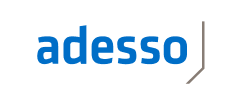

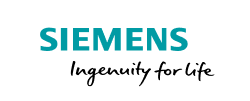


DevOps-Trainings im Überblick
Kontaktformular
Sie haben Fragen?
Rufen Sie uns an oder mailen Sie uns

Leiterin entwickler.de Akademie
Hier finden Sie alle Antworten zu den häufigsten Fragen, schauen Sie gern, ob Ihre dabei ist.
